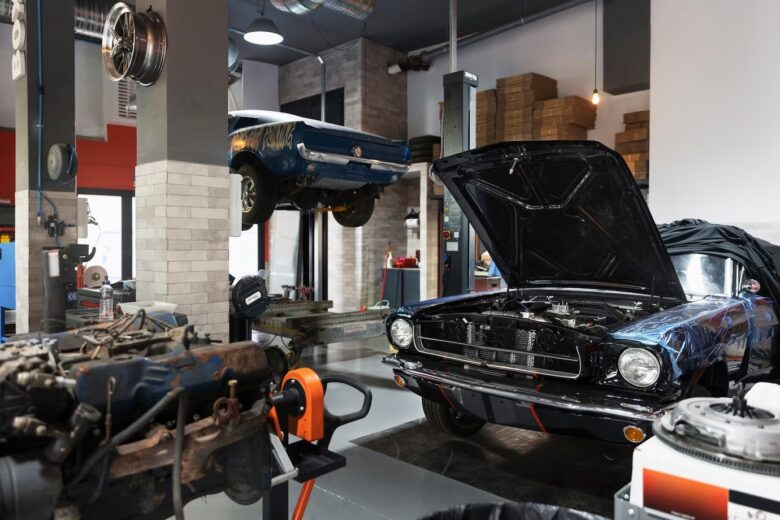Local automotive shops eager to secure their next set of workshop equipment should be viewing this exercise in a strategic fashion. The tools don’t always dictate the quality of the work of the specialist, but they go a long way to bringing the best out of their skills.
In order to obtain the best utilities for the business, it is helpful to follow a structure when collecting these goods. We will outline those steps right here in more detail.
Working Within a Price Structure
A strategy that has to be employed for automotive specialists scanning these workshop tools is to ensure they are operating within their price structure. It might take some degree of investment for outlets to push their business forward, but it cannot be made in a reckless or haphazard fashion if there are other expenses that have to be addressed. The easiest approach is to ask for quotes from suppliers, see if wholesalers could offer cheaper rates and to compare providers across the market. This will point towards the most viable solution in relation to the shop’s finances.
Surveying Brand Performance Record
Industry peers do talk amongst one another. If there are specialists who see that the workshop equipment they sourced is delivering quality results before covering them for safety and efficiency measures, they will pass on recommendations to others. This may arrive in the form of a discussion in-person, or through various apps, social media pages and search engines where ratings and reviews are published.
Assessing Stock Availability
Clients in this industry might have their wishlist set out for brand new automotive tools, but the type of equipment that is in-store and ready to sell in stock is not viable. This is a regular occurrence with various utilities and pieces of technology, especially if they are imported from foreign markets through supply chain interruptions. By making early contact with providers, it will be easier to navigate these challenges and ensure there is indeed time to get the stock in and distributed.
Required Training & Accreditation
Certain professionals will be capable and comfortable with any number of workshop equipment brands. They have the experience and credentials to use spanners, wrenches, ratchets, software programs, keys, stands, pressure gauges, power tools, torque utilities, extenders, extensions, picks, splitters and beyond. The task for consumers in this setting is to think about the training and experience level of staff and assess if these brands are commensurate with their expertise, providing measures for safety and efficiency.
Setting Equipment Priority List
The best tactics that commercial consumers can employ in these circumstances is to have a comprehensive list of materials that they know will bring immediate value to the business. There might be utilities that have broken down or been compromised and require replacing. Then there are vehicle provisions and practices that necessitate an upgrade in technology on site. Take note of what will deliver the best outcomes in the immediate term before setting sights on other investments.
Testing Utilities in Real Time
Given the nature of automotive work, mechanics love nothing more than to get hands-on with their tools. If they can experience a demonstration, either through a previous purchase or with the supplier, then they can see how suitable it is for their workplace conditions and their common practices. It will remove any doubt about the product’s qualities when professionals have the chance to use the workshop equipment in real time.



